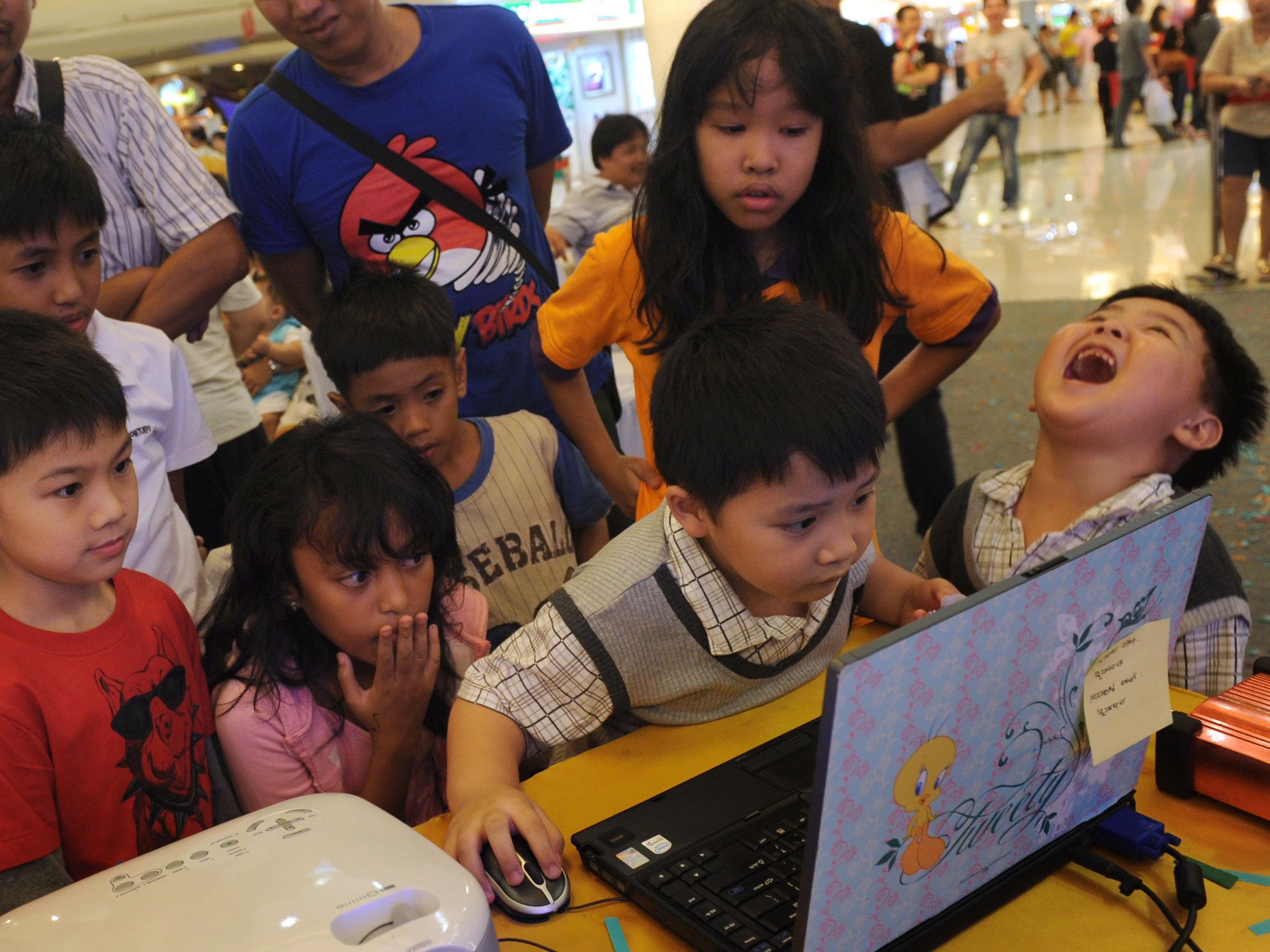Video games may improve children's intellectual and social skills, study finds
Scientists found associations between high video game use and better social skills and school performance

Your support helps us to tell the story
From reproductive rights to climate change to Big Tech, The Independent is on the ground when the story is developing. Whether it's investigating the financials of Elon Musk's pro-Trump PAC or producing our latest documentary, 'The A Word', which shines a light on the American women fighting for reproductive rights, we know how important it is to parse out the facts from the messaging.
At such a critical moment in US history, we need reporters on the ground. Your donation allows us to keep sending journalists to speak to both sides of the story.
The Independent is trusted by Americans across the entire political spectrum. And unlike many other quality news outlets, we choose not to lock Americans out of our reporting and analysis with paywalls. We believe quality journalism should be available to everyone, paid for by those who can afford it.
Your support makes all the difference.Young children who play a lot of video games may be more likely to have better intellectual and social skills than their non-gaming peers, a new scientific study has suggested.
The study, conducted by an international team of researchers at Columbia University's Mailman School of Public Health in New York, involved the analysis of mental health data relating to thousands of children between the ages of six and 11 from across Europe.
The data was collected through questionnaires filled out by parents and teachers, and the children responded to the questions through an interactive tool.
Accounting for variations in development explained by the children's ages and genders, the team found that high video game usage was associated with a 1.75 times increase in the odds of high intellectual functioning.
Children who played a lot of video games were also found to be 1.88 times more likely to have "high overall school competence."
The affect of video games on children's social skills is often a cause for concern, but the team found links between high game usage and better peer relationships and good social skills.
During their analysis, the researchers found no significant associations between gaming and child mental health problems, regardless of whether they were reported by parents, teachers, or the children themselves.
Katherine M. Keyes, PhD, an assistant epidemiology professor at the Mailman School who worked on the study, said: "Video game playing is often a collaborative leisure time activity for school-aged children, and these results indicate that children who frequently play video games may be socially cohesive with peers and integrated into the school community."
However, Keyes urged against over-interpretation of their findings, saying that "setting limits on screen usage remains an important components of parental responsibility as an overall strategy for student success."
A paper detailing the findings, published earlier this month in the journal Social Psychiatry and Psychiatric Epidemiology, concludes by saying that mechanisms through which games stimulate children should be investigated further.
Join our commenting forum
Join thought-provoking conversations, follow other Independent readers and see their replies
1Comments